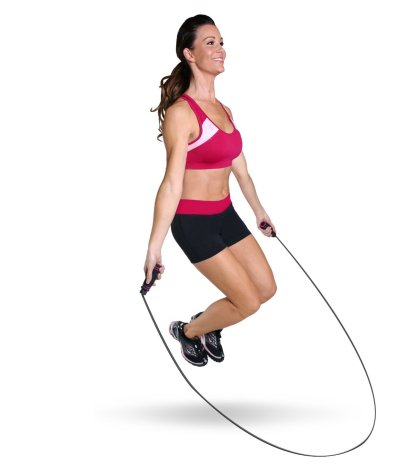Stress is one of the biggest inhibitors of peak performance on the golf course and something that negatively affects all golfers in some way. Many of the problems golfers experience before and during competition is due to the subtle, and sometimes not so subtle, negative influences of stress on a golfer’s mind and body. One thing that is unavoidable in competitive golf is pressure and stress. Learning effective coping strategies for handling stress on the golf course is essential if a golfer desires to lower their score and perform at high level consistently. The first step to overcoming stress is to learn more about it to understand and appreciate the importance of stress management as a key to lower scores and better execution on the golf course. This article will explore the various ways stress is holding golfer’s back from peak performance, the three different ways stress typically show’s up in a golfer’s game, and will reveal perhaps the worst side effect of all that stress produces in the game of golf.
An important thing to know about the human mind is it physiologically responds to real or imagined stressors in the exact same way. Your mind, at an unconscious level, doesn’t know the difference between encountering an alligator on the course or simply stressing over having to make a slippery 10 foot putt. Stress of any kind triggers the mind into the “fight or flight” response. When the fight or flight response occurs it activates the golfer’s sympathetic nervous system and a sudden release of hormones, including cortisol, flow into the bloodstream and body. This increases heart rate, breathing rate, blood pressure, and other stress responses all of which will affect a golfer’s ability to perform. It also creates muscular tension throughout the body which prevents the natural, fluid, and rhythmic movements needed to execute an effective golf swing, have touch around the greens, and make those crucial putts. Harbored tension in the body not only hurts performance it also increases the chances of golf-related injuries. This confirms the timeless truth of Bobby Jones, “The enemy in golf is tension.”
Next, stressful situations do not just affect the body, it affects a golfer’s brain and the mental functions most needed for high level golf performance and swing execution. When cortisol, the stress hormone, is released it inhibits the activity of the neocortex of the brain. This part of the cerebral cortex is involved in higher mental functions such as perception, decision-making, generation of motor commands, and more. All of these mental functions are needed to properly direct the body in execution of a successful golf shot. When golfer’s are under stress, they are literally shutting down full access to the part of the brain most needed to best execute their skills, movements of their swing, and make the right decisions during competition.
Besides these universal ways stress physiologically affects golf performance, there is also a subjective component that will be unique to each golfer. Golfers typically experience stress in one of three ways; cognitively (in the mind), somatically (in the body), or behaviorally. Here are some of the common indicators for each category to identify which type of stress a golfer is experiencing on the golf course.
Cognitive Stress Indicators: Indecision, sense of confusion, feeling heavy, negative thoughts, poor concentration, loss of confidence, images of failure, defeatist self talk, feeling rushed, feeling weak, constant dissatisfaction, unable to take instructions, unable to receive compliments, thoughts of avoidance, being self-contained and absorbed, rehashing mistakes, self-critical, perfectionism.
Somatic Stress Indicators: Increased blood pressure, pounding heart beat, increased respiration, sweating, clammy hands/feet, butterflies in the stomach, unwanted adrenaline surge, dry mouth, need to urinate, muscle tightness, trembling, incessant talking, blushing, pacing, distorted vision, twitching, yawning, voice distortion, vomiting, nausea, sleeplessness, hiccups.
Behavioral Stress Indicators: Nail biting, nail picking, lethargic movements, inhibited posture, playing safe, going through the motions, fidgeting, covering face with hand, avoiding eye contact, emotional outbursts, cursing, yelling, acting out of character, negative body language, inconsistent routines, skipping work-outs or practice, procrastination, low energy.
Perhaps the worst side effect of stress is how it prevents golfers from experiencing maximum enjoyment on the golf course. When the stress response is activated during a round of golf it causes an immediate mentality shift away from having fun and feeling good to feelings of frustration and pressure. This leads to rushed decisions, bad swings, and poor results. Golf is a game that is meant to be enjoyed and enjoyment of the game tends to produce better performance, a present moment mindset, and relaxed focus. However, stress prevents so many golfers from ever discovering their true potential consistently on the course.




















